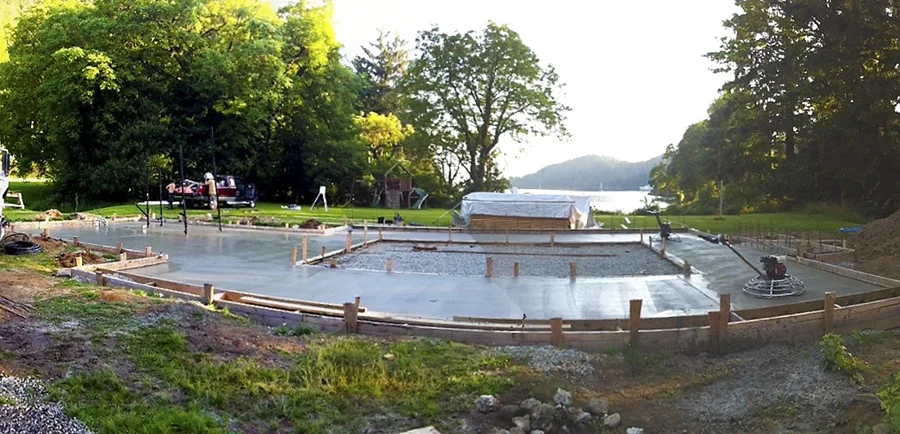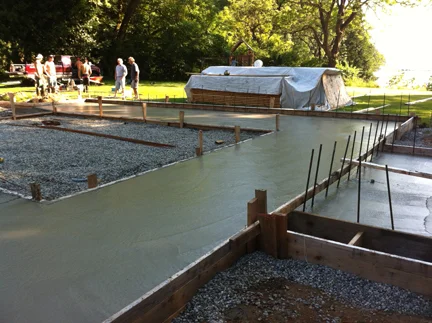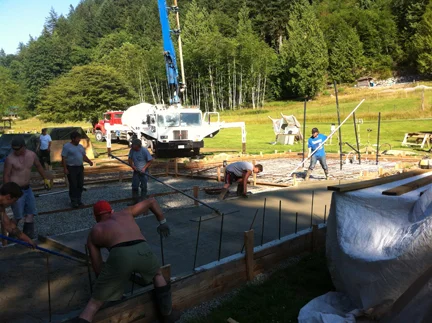The Searanch will always be grateful for his service to our community and the friendship to a great many of us as well.
Brian will be sorely missed.
“It is with heavy hearts that we express our condolences to the Biddlecombe/Laudrum family upon the passing of Brian Biddlecombe this past week. As Fire Chief, Brian served the Bowen Island community for over 11 years. He was a leader and a friend in the Bowen Island Fire Rescue community. He spearheaded the building of Fire Hall No. 2 on Adams Road to improve access to the west side of the island and provide additional storage space and training area. He procured Engine 30, which remains the BIFR’s main truck apparatus. Brian was a long serving member of the Fire Hall Facilities Steering Committee, and was a champion of the new Fire Hall that is currently under construction on Miller Road. He would have been so happy to see his many years of work come to fruition when it opens its doors to the community for the first time, and he will be in our thoughts and hearts when it does.
Brian contributed so much to Bowen Island, both in his role as Fire Chief and as owner of Cormorant Marine, which provides an important service with its water taxi and ambulance transport. We are saddened to have lost such a pillar of the community, but we know that his legacy will live on. Rest in peace, Brian, and thank you for everything.”
Credit: The Bowen Island Municipality






